<< Previous | Displaying results 81-90 of 128 for "Nazi Book Burning" | Next >>
The Nazi regime carried out a campaign against male homosexuality and persecuted gay men between 1933 and 1945.
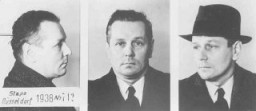
Learn about responses in the United States to reports about Nazi anti-Jewish policies and violence against Jews from 1933–37.
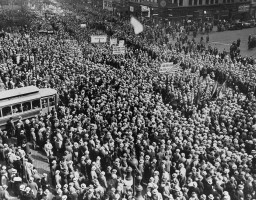
Portrait of American journalist John Reed, circa 1914. Reed's book Ten Days that Shook the World was among the texts Nazi students burned in 1933.
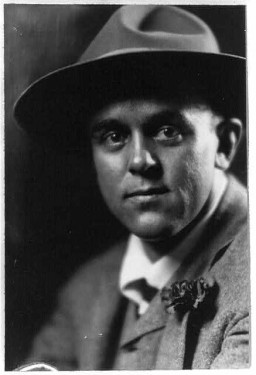
Sigrid Undset's novels were among the texts the Nazis banned and burned. Undset had previously won the Nobel Prize for Literature in 1928.
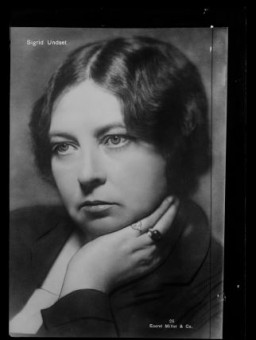
Portrait of Helen Keller, ca. 1910. In 1933, Nazi students at more than 30 German universities pillaged libraries in search of books they considered to be "un-German." Among the literary and political writings they threw into the flames were the works of Helen Keller.
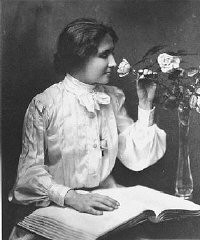
Ernest Hemingway, among the greatest American novelists, was a member of the "Lost Generation" of expatriate writers who were disillusioned by war. In 1933 the Nazis burned Hemingway's novels as part of the public book burning in Berlin. United States, ca. 1950.
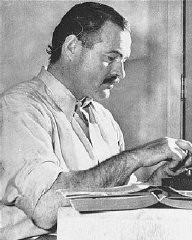
Born in Riga, Morris Hillquit became a prominent theoretician of the socialist movement after immigrating to the United States. The German translation of his work Socialism in Theory and Practice was burned in Nazi Germany in 1933. Photo taken circa 1910–1915.
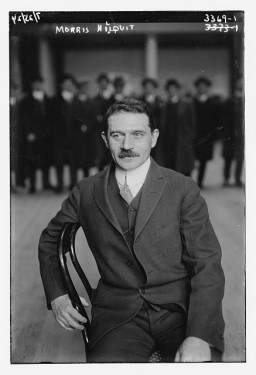
Sigmund Freud: Massenpsychologie und Ich-Analyse, cover. In 1933, Nazi students at more than 30 German universities pillaged libraries in search of books they considered to be "un-German." Among the literary and political writings they threw into the flames were all the works of Sigmund Freud that were published by 1933.
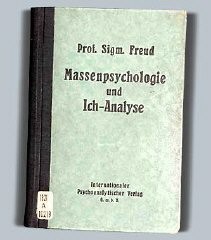
Portrait of Ernest Hemingway by Helen Pierce Breaker. Paris, France, ca. 1928. In 1933, Nazi students at more than 30 German universities pillaged libraries in search of books they considered to be "un-German." Among the literary and political writings they threw into the flames were the works of Ernest Hemingway.
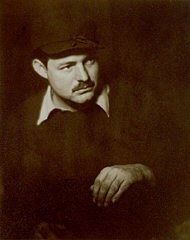
Cover of Ernest Hemingway's A Farewell to Arms. (1929 cover. Princeton University Library.) In 1933, Nazi students at more than 30 German universities pillaged libraries in search of books they considered to be "un-German." Among the literary and political writings they threw into the flames during the book burning were the works of Ernest Hemingway.
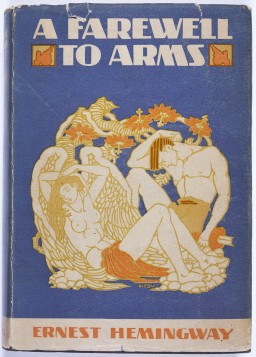
We would like to thank Crown Family Philanthropies, Abe and Ida Cooper Foundation, the Claims Conference, EVZ, and BMF for supporting the ongoing work to create content and resources for the Holocaust Encyclopedia. View the list of donor acknowledgement.